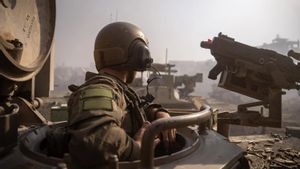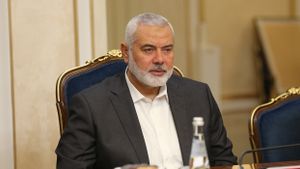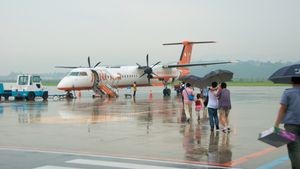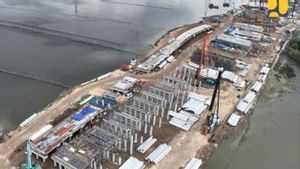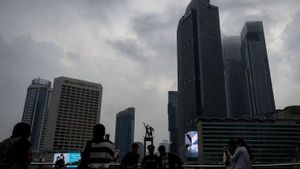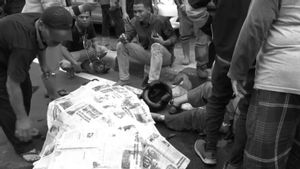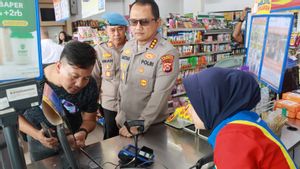JAKARTA - The deadly accident experienced by the Jeju Air fleet of aircraft in Muan, South Korea caused a stir on a busy flight schedule and minimal aircraft maintenance.
The Boeing 737-800 aircraft belonging to Jeju Air airline with flight number 7C2216 and registration of HL8088 from Suvarnabhumi International Airport, Thailand had a fatal accident while landing at Muan International Airport, South Korea on December 29.
The plane carrying 175 passengers and six crew members on the flight turned into fireball after making an emergency landing and hitting the wall. Only two crew members survived the incident.
A tight maintenance schedule has raised concerns over whether the low-cost airline (LCC) prioritizes operational efficiency over safety.
This is because the plane is undergoing a busy flight schedule the day before it crashes, connecting four international cities without significant stopping times.
The ill-fated aircraft operated flights between Muan and Kota Kinabalu,data, Taipei and Bangkok, with a total of eight departures in one day, sources said on Monday, reported by The Korea Times December 30.
According to industry standards, aircraft need time for maintenance, cleaning and refueling between flights. South Korean government regulations say the minimum time to perform pre-departure maintenance for Boeing 737 aircraft is 28 minutes.
However, on the 27th, the flight only spent 62 minutes on land at Muan International Airport before leaving for Kinabalu City, which showed only 28 to 30 minutes allocated for maintenance.
A veteran mechanical with more than a decade of experience working on a Boeing 737 aircraft at the LCC said, "The 28-minute treatment time is barely enough to check the cockpit warning lights and visually check the outside for visible damage. This is basically a thorough check, not a detailed check."
Meanwhile, another mechanical officer working for the LCC said, "Restricting preparation time to about an hour, including maintenance, allows airlines to run an ambitious schedule, such as flying to three cities in Southeast Asia and one city in Japan in one day."
The tragedy re-triggered debate over whether the government's minimum maintenance time was sufficient to ensure safety. Critics argue that a 28-minute standard does not provide room to identify potential problems.
A former head of maintenance at a large airline said, "The 28-minute examination is like putting a plaster. It doesn't take into account potential hidden errors. The industry's approach to safety should be proactive, not reactive."
The spotlight on maintenance increased with the accident allegedly involving landing gear damage. The day after the accident, another Boeing 737 Jeju Air fleet encountered landing gear problems and was forced to return to the airport as soon as it took off.
"Other airline facts with the same model from the same airline are experiencing similar problems highlighting systemic problems," said an aviation expert.
There have been growing calls in the aviation industry to extend the mandated maintenance time and overhaul the LCC flight schedule.
"Precise care takes more time. Airlines may need to sacrifice one segment of flight or dedicate additional resources to inspections," said a former maintenance chief.
A mechanical worker in the industry describes a stressful LCC treatment schedule:
"We are racing against time. 28 minutes of inspection is barely enough to ensure the aircraft is airworthy. Everything in more detail will not go on schedule," he said.
VOIR éGALEMENT:
Given the accident, experts have urged a change in priority.
"It's time to prioritize safety over profit. The minimum is not enough when lives are at stake," said the former head of the treatment.
Separately, Jeju Air said it was complying with planned schedules and previous and post-flight inspections.
"We are really following the planned schedule and conducting pre-flight and post-flight inspections as a whole," said Song Kyung-hoon, head of airline management support, at a press conference on November 28.
"Our operation cannot be categorized as excessive or rushed," he added.
The English, Chinese, Japanese, Arabic, and French versions are automatically generated by the AI. So there may still be inaccuracies in translating, please always see Indonesian as our main language. (system supported by DigitalSiber.id)





